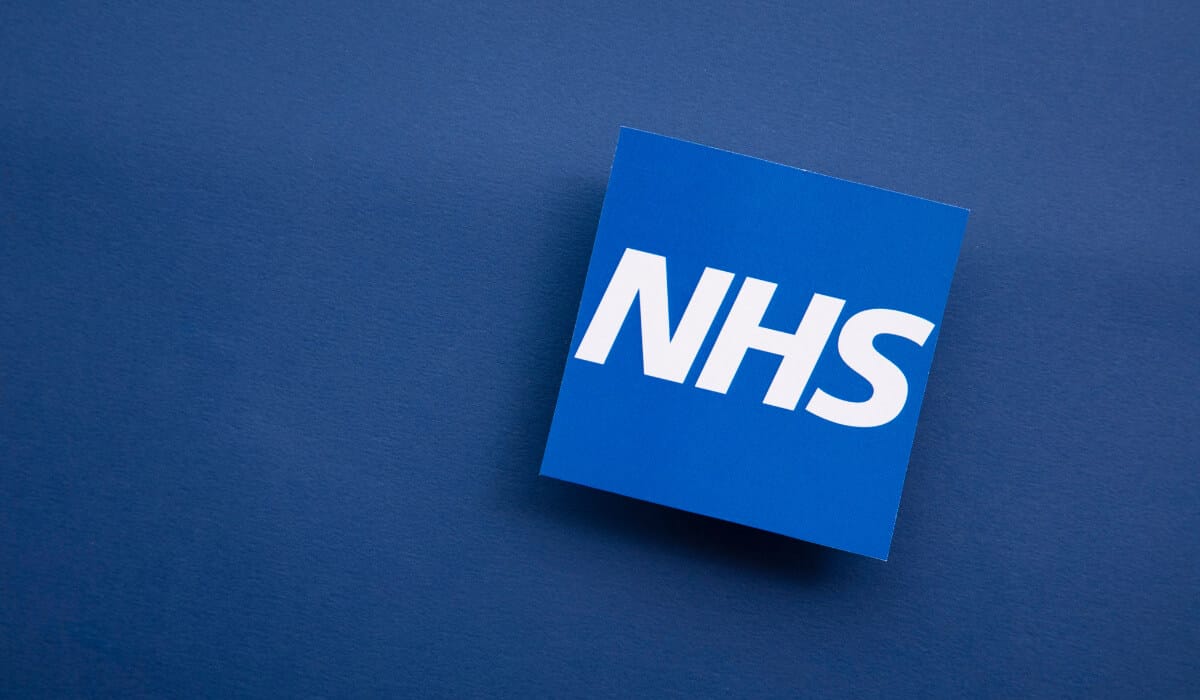
Learning From The NHS Phishing Attack: Strengthening Healthcare Cybersecurity
In 2017, the National Health Service (NHS) in the United Kingdom fell victim to a widespread phishing attack that affected numerous hospitals and organisations within the healthcare network.
The attack involved hackers sending deceptive emails to staff, disguised as legitimate communications, tricking unsuspecting employees into revealing sensitive login credentials.
This allowed the attackers to gain unauthorised access to confidential patient data, disrupt critical healthcare services, and potentially compromise the safety and privacy of patients.
The consequences of the NHS phishing scandal were far-reaching, causing significant disruptions in patient care, delays in treatments, and a loss of public trust in the NHS’s ability to protect sensitive information.
However, there are a number of things we can learn from this attack to prevent another one from occurring.
What we learned from the NHS phishing attack
The NHS phishing attack highlighted a need for the following:
1. Heightened cybersecurity awareness
The incident highlights the need for increased cybersecurity awareness among healthcare staff.
Regular security awareness training programs can help employees recognise phishing emails and other social engineering tactics, reducing the likelihood of falling victim to such attacks.
2. Better email security measures
Strengthening email security measures, such as implementing advanced spam filters and email authentication protocols, can help detect and block phishing emails before they reach employees’ inboxes.
3. Incident response plan
Having well-defined incident response plans in place can help organisations respond swiftly and effectively to mitigate the impact of an attack.
This includes procedures for isolating affected systems, notifying relevant authorities, and initiating recovery processes.
4. Continuous improvements
Cyber threats are constantly evolving, and organisations must remain proactive, continuously improving their security measures and adapting to new threats.
Regular assessments, audits, and updating security protocols are vital to stay ahead of potential vulnerabilities.
5. Data backups
Had there been robust data backups in place, the impact of the NHS attack could have been significantly mitigated.
Data backups (that are ransomware-proof and immutable) ensure that even in the event of a security breach, system failure, or data loss incident, organisations can restore critical data and maintain continuity of operations. It helps prevent the permanent loss or corruption of patient records and other vital information.
The NHS phishing attack in 2017 served as a wake-up call for healthcare organisations worldwide.
It emphasised the critical need for heightened cybersecurity awareness, better email security measures, robust data backups, and more.
By learning from the NHS phishing attack, healthcare organisations can strengthen their cybersecurity defences, protect patient data, and maintain the trust of the public.
Protect your cloud data with BackupVault
At BackupVualt, our trusted backup solution offers a range of features to protect your healthcare organisation’s critical data.
With automatic cloud backup and robust security measures against ransomware, insider attacks, and hackers, BackupVault ensures the safety and integrity of your data.
BackupVault goes beyond standard backup software by providing support for a wide range of platforms and systems. Whether it’s Microsoft 365, Google Workspace, Azure, Dynamics, AWS, servers, desktops, or NAS devices.
You can have peace of mind knowing that your patient records and sensitive information are shielded from potential threats.

